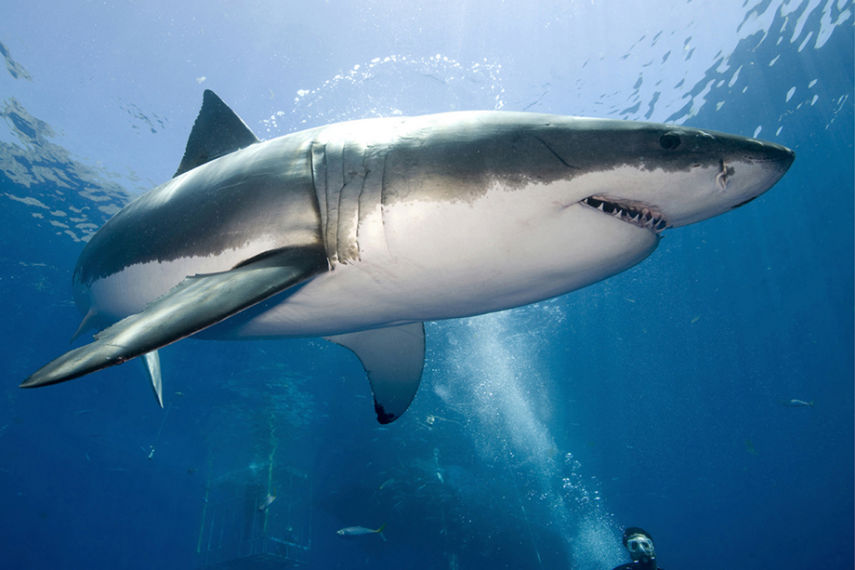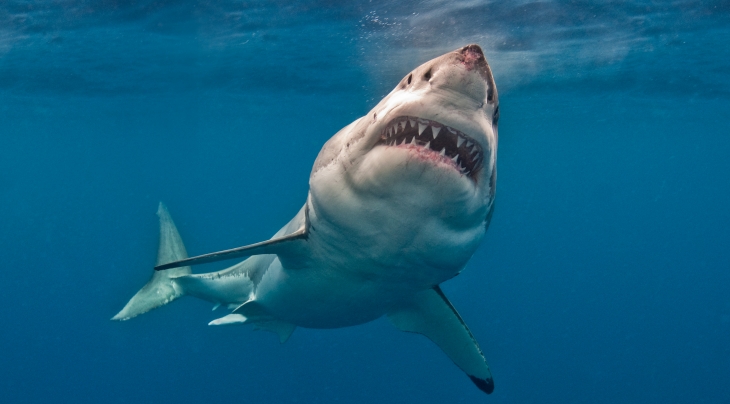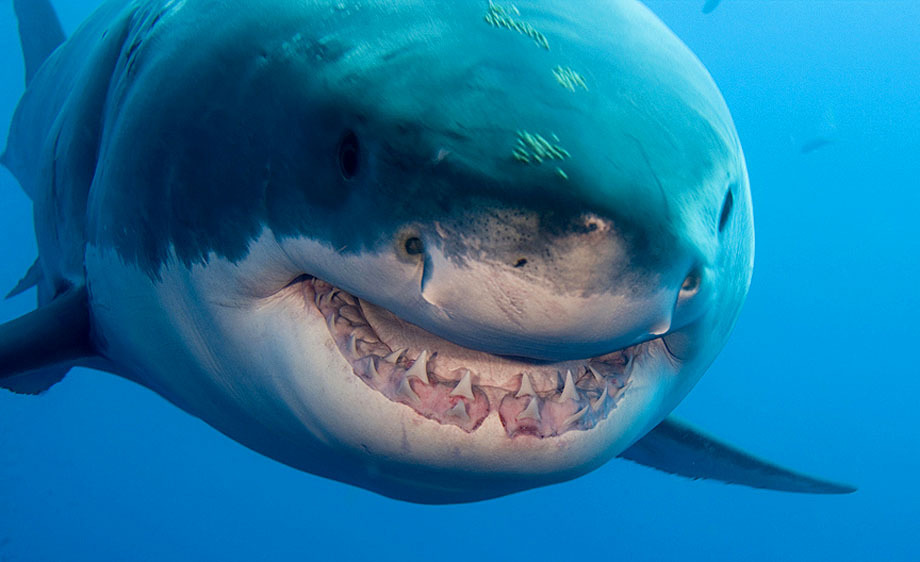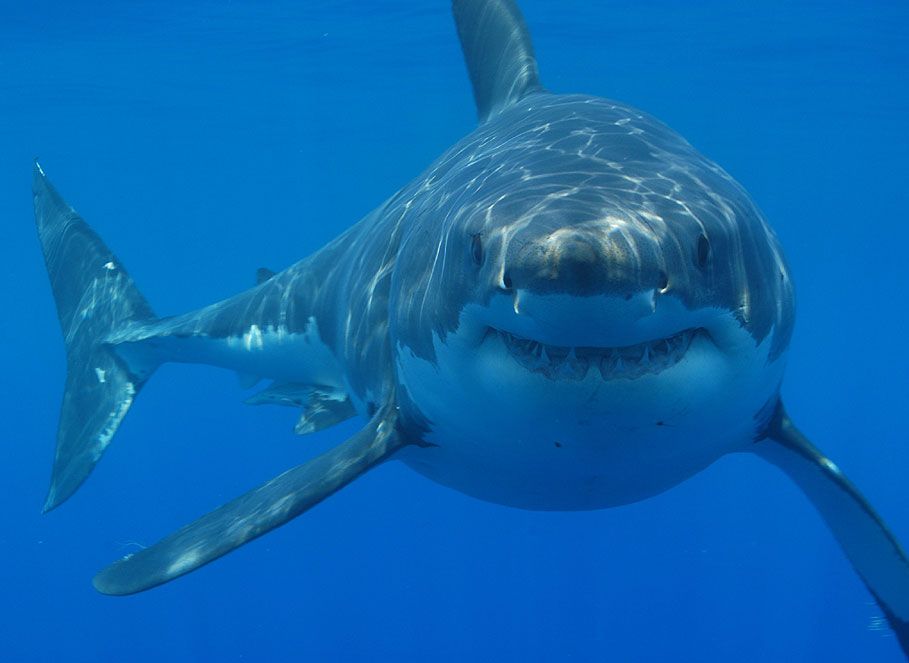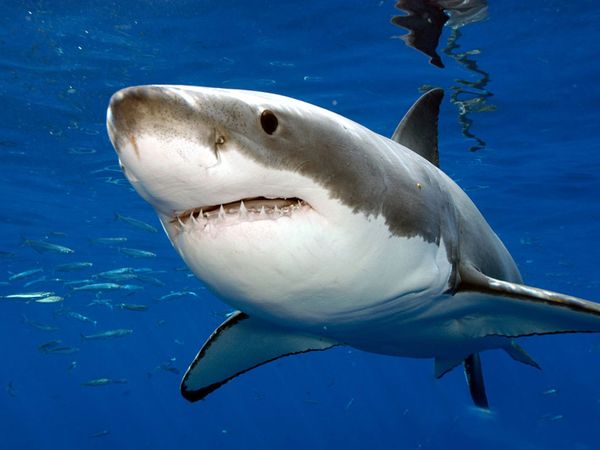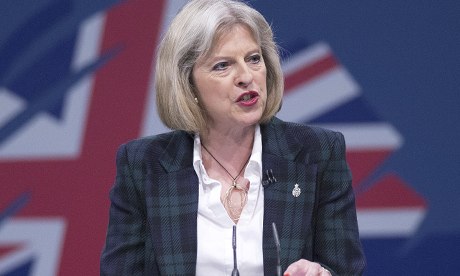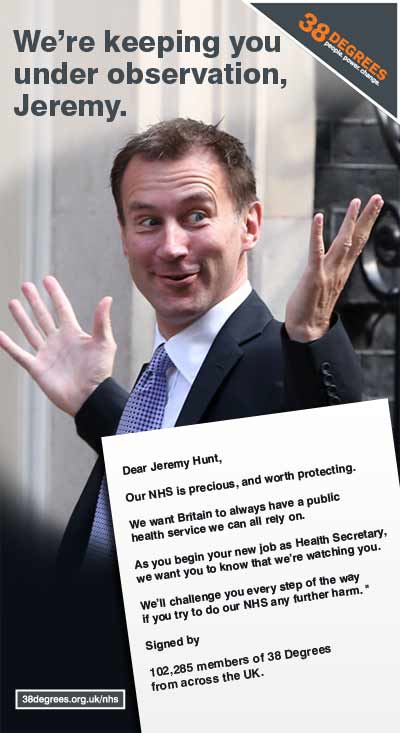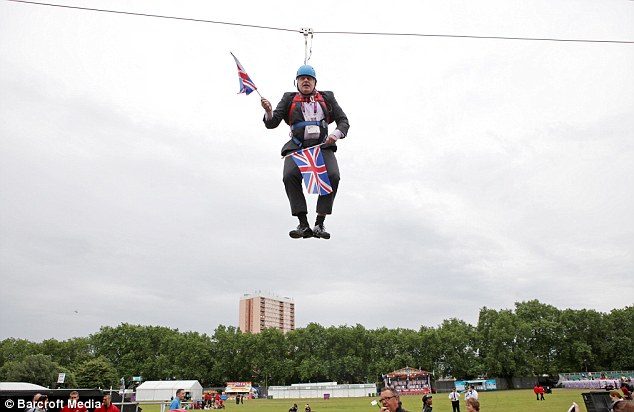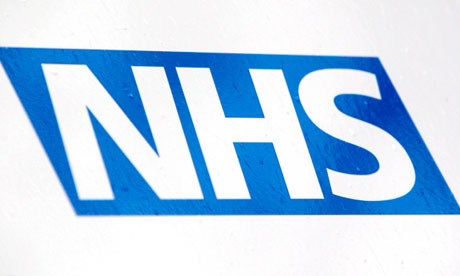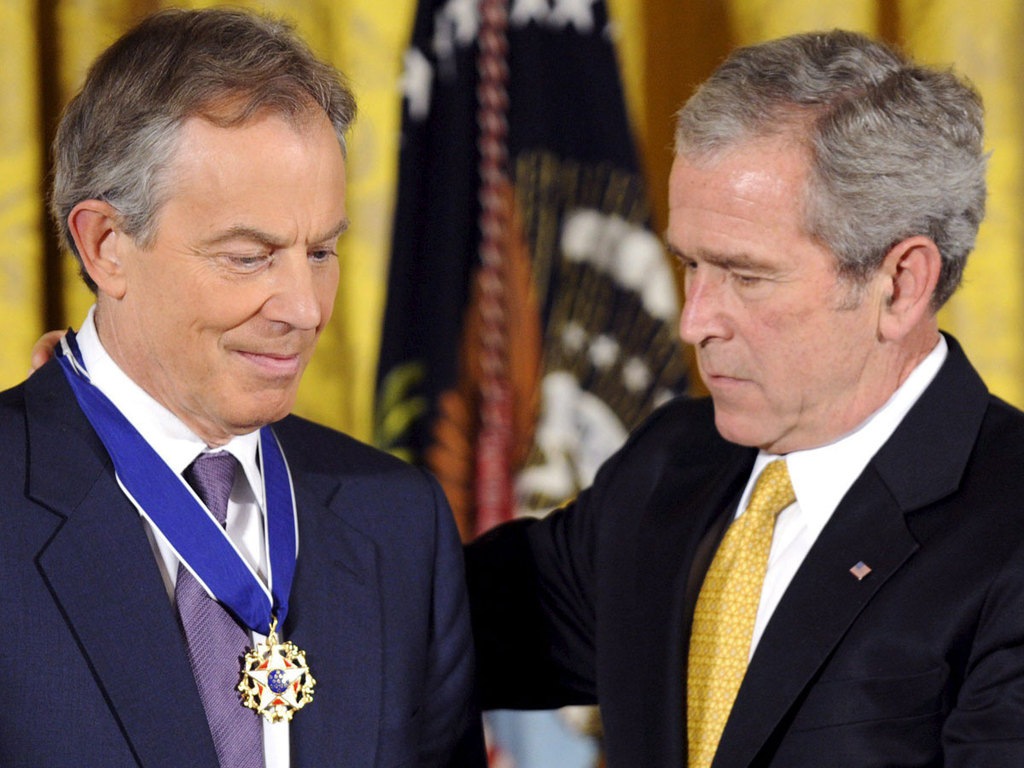When governments can decide what journalists say, we should all be worried
Original article by Peter Geoghegan republished from openDemcracy under a Creative Commons Attribution-NonCommercial 4.0 International licence.
OPINION: UK National Security Bill is latest in long line of cynical attempts to maintain secrecy and stifle journalism
Journalism, as George Orwell famously said, is “printing what someone else does not want printed”.
But what happens if the someone who doesn’t want your story printed also has the power to put you in prison?
That sounds like the kind of question journalists in places like Iran or North Korea might have to contend with. But it’s a dilemma someone like me, living and working in the UK, could be asking soon, too.
The National Security Bill currently going through Westminster contains a clause saying that “providing” information that may “materially assist a foreign intelligence service” can be punishable by up to 14 years in prison.
Here at openDemocracy we pride ourselves on publishing stories that the government and others in power would much rather never see the light of day.
We’ve revealed how the Treasury helped Putin’s sanctioned warlord to sue a British journalist in London, how Russian oligarchs have bankrolled the Conservatives, how dark money flows into British politics and more.
Investigative journalists like us at openDemocracy often receive sensitive information. Could our reporting be used by foreign powers to embarrass the British government?
The honest answer is ‘yes’. But does saving our government’s blushes mean the public shouldn’t know that the British army was aware of the dangers of ‘Snatch Land Rovers’, associated with the deaths of over 34 British troops in Iraq and Afghanistan? Or how the UK’s corporate secrecy vehicles are used to hide oligarchs’ ill-gotten gains?
Crucially, Sharpe’s promise that journalists won’t get caught in the security bill’s dragnet will not be enshrined in law
In recent days, Rishi Sunak’s ministers have made some minor amendments to the National Security Bill in the face of organised opposition by openDemocracy and other media outlets. (A huge thank you to the more than 8,000 oD readers who sent emails to their MPs demanding changes to the bill.)
The government has been at pains to say we shouldn’t be worried. In the Lords this week, one minister, Andrew Sharpe, said that it is “almost inconceivable that genuine journalism will be caught within the threshold for criminal activity”.
But it’s the “almost” that should worry all of us.
The National Security Bill replaces older secrecy legislation, and is supposed to counter the activity of hostile foreign powers in the UK. But the bill’s provisions are so wide-ranging that it is not hard to see how journalists – and whistleblowers – could be caught by it.
Crucially, Sharpe’s promise that journalists won’t get caught in the security bill’s dragnet will not be enshrined in law.
Why can’t we just trust our leaders when they say that hacks like us have nothing to worry about?
Well, their track record isn’t good. This is a government that ran an Orwellian ‘Clearing House’ that vetted Freedom of Information requests from journalists and others. When we revealed what was happening, Michael Gove, the minister in charge, smeared us and our journalism.
The Clearing House has now been closed down, but journalism is still under threat.
London’s libel courts are still being used by the world’s rich and powerful to silence public criticism. Last year, Dominic Raab pledged to legislate to end so-called “strategic litigation against public participation” cases, or SLAPPs.
But Raab’s rhetoric has not turned into reality. openDemocracy is currently subject to a SLAPP case, as are many of our journalistic allies.
Rishi Sunak has allotted no parliamentary time for anti-Slapp legislation – which means it’s very unlikely to happen. Should we be surprised when one of Sunak’s own appointments, former chancellor Nadhim Zahawi, issued legal threats against journalists and campaigners who asked questions about his tax affairs?
Sunak and his ministers are fond of saying how much they care about free speech and the freedom of the press. But when the government gets to decide what information journalists can – and can’t – report, we should all be worried.
Original article by Peter Geoghegan republished from openDemcracy under a Creative Commons Attribution-NonCommercial 4.0 International licence.

